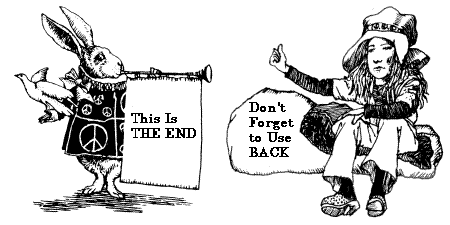A Night with Daniel Ellsberg in Vietnam
While I was
in Vietnam I generally avoided the company of my fellow civilians and
rigorously avoided that of the military; whenever possible, I hung around
with members of the press corps, with whom I felt more congenial. An old
acquaintance from college days came through town on a temporary press
pass; he had dreamed up a project of following a particular group of Army
draftees through basic training and then into combat. (He wrote a series
of articles for Esquire, I believe, which subsequently became a book
called 'M'. (For M Company, the unit to which his group belonged)) Once
during his visit we went together to a French restaurant in company with
one of our college classmates, a young man I had never met who my
journalist friend told me held a very high position in the U.S. civilian
side of the war machine ("rank equivalent to a lieutenant general," my
friend said). The young man impressed me as we talked at dinner. His
comments showed a keen intelligence and a deep understanding of the
positions of the respective forces in the conflict. A question formed in
my mind and kept growing larger (but I thought it best not to ask at this
first meeting with a Lt.Gen.-equivalent on 'our side'): 'What is a bright
fellow like you doing in a place like this?' Our acquaintance never
ripened, so I did not get to ask the question. I don't suppose I thought
of him again until three years or so later. I was back in the U.S.;
Nixon was President, and he was turning his government upside down to
find out who leaked the Pentagon Papers. A radio news broadcast
mentioned that three men were among the most likely suspects: a general,
a colonel, and a civilian aide in the Defense Department, who was
mentioned by name. And that is when I realized what that bright young
man, Daniel Ellsberg, had done with his experience in Vietnam.
 Select this to read [the Whole Story].
Select this to read [the Whole Story].

 Select this to read [the Whole Story].
Select this to read [the Whole Story]. Select this to read [the Whole Story].
Select this to read [the Whole Story].![]()